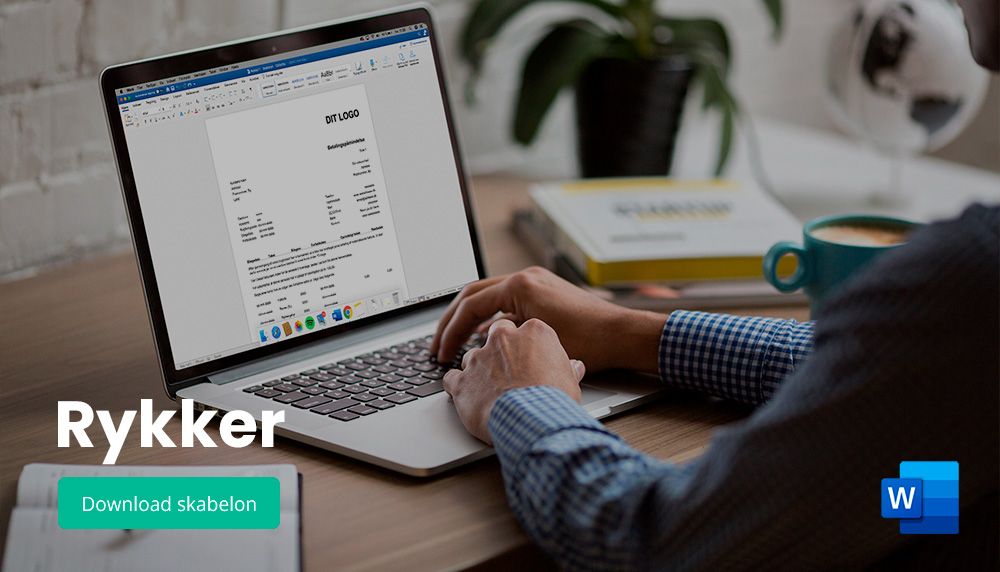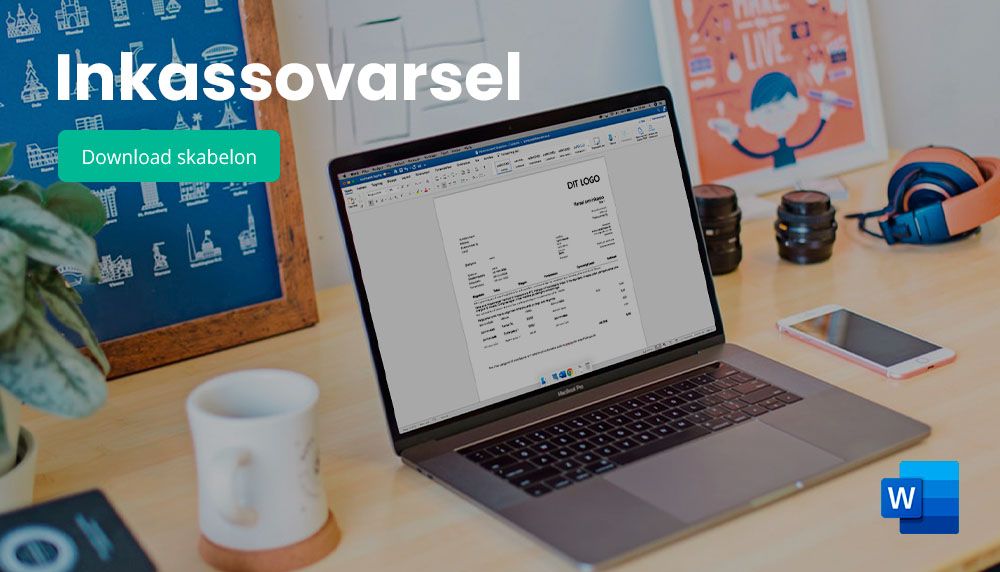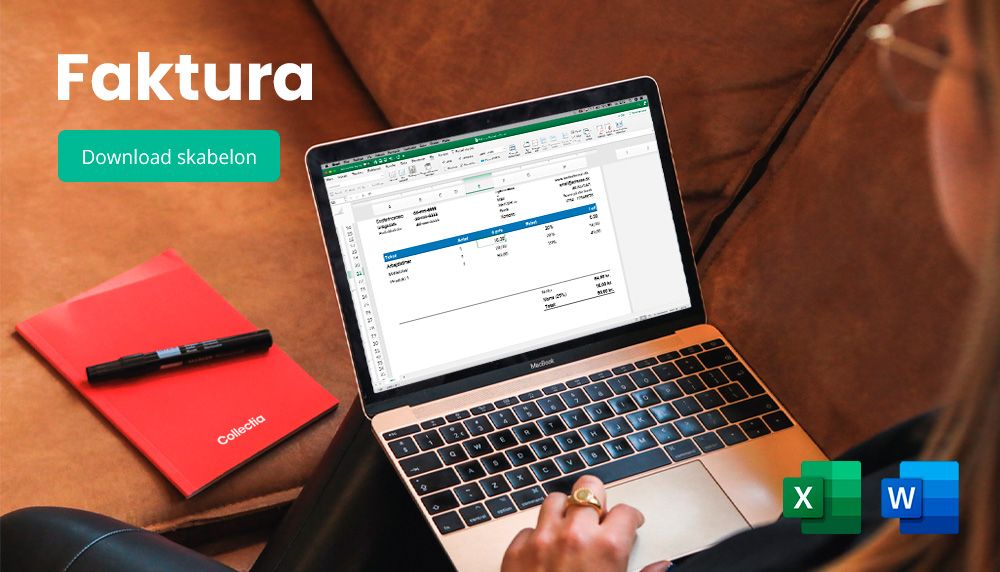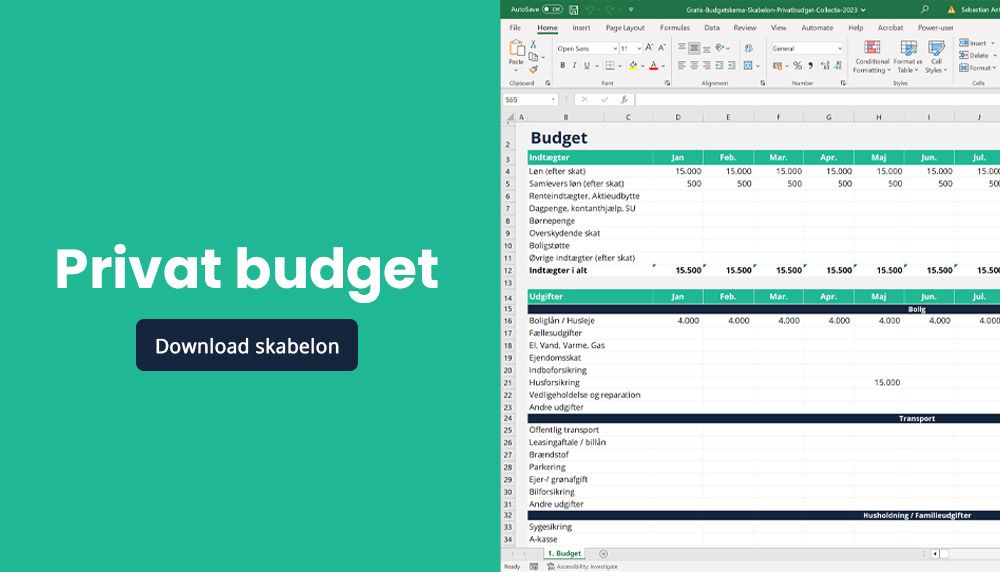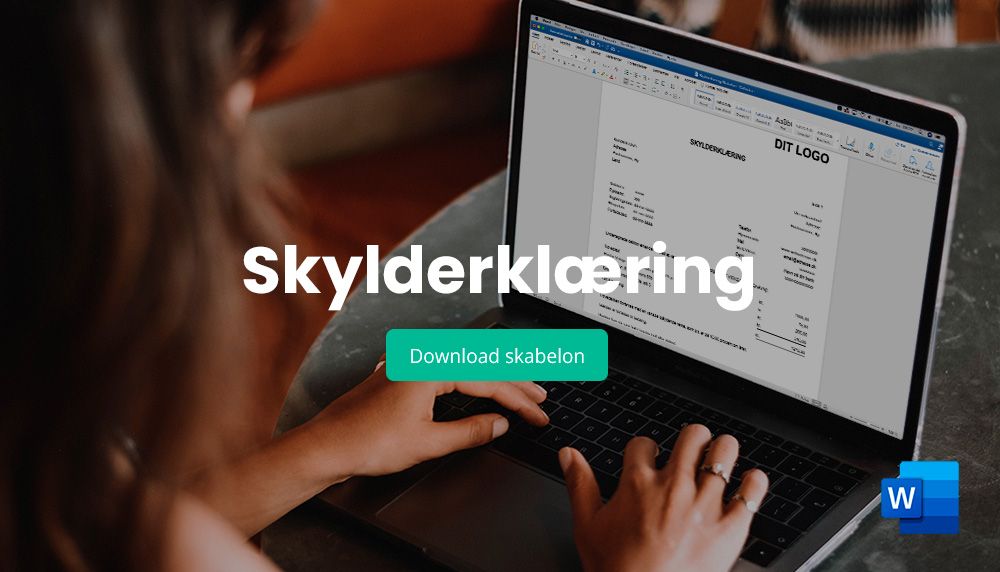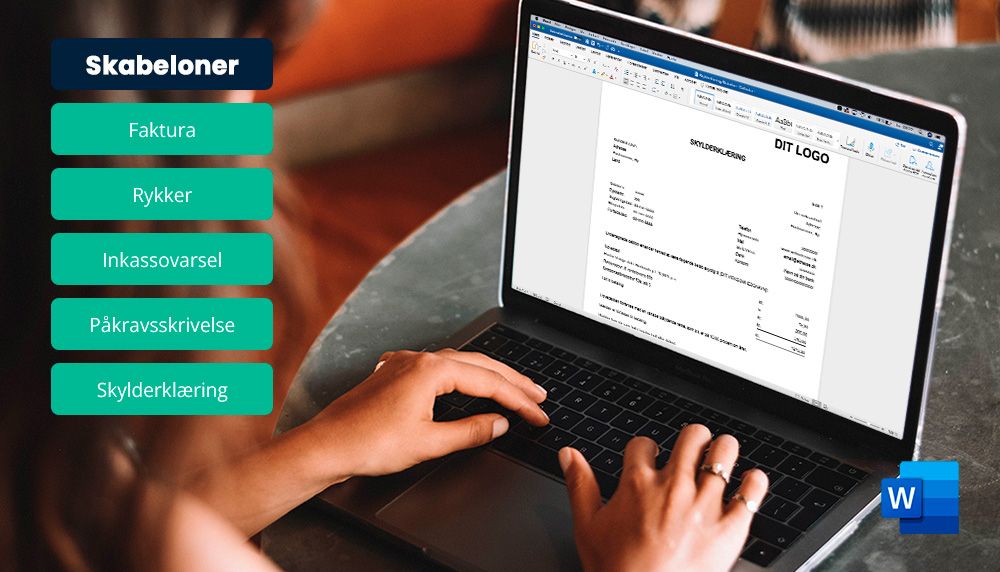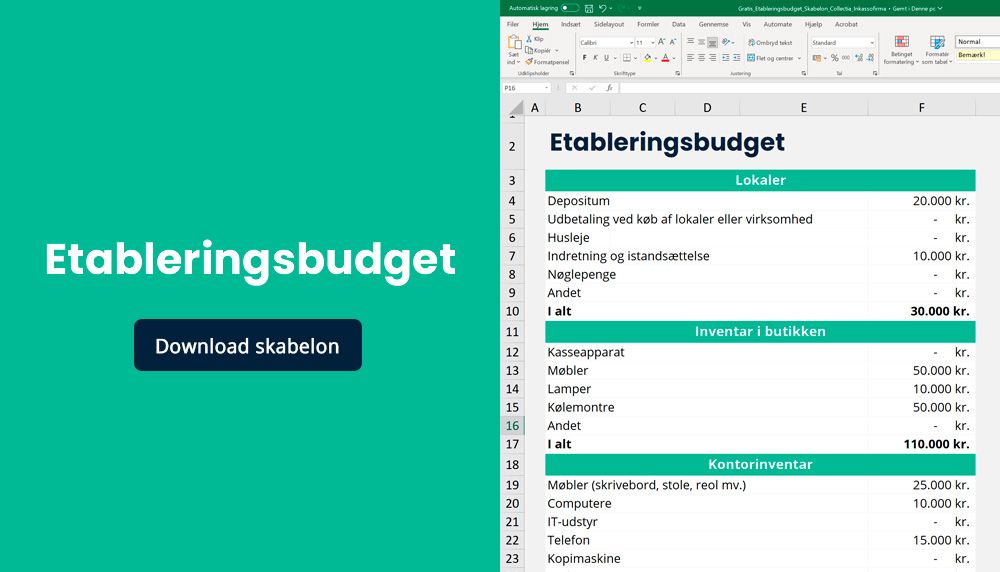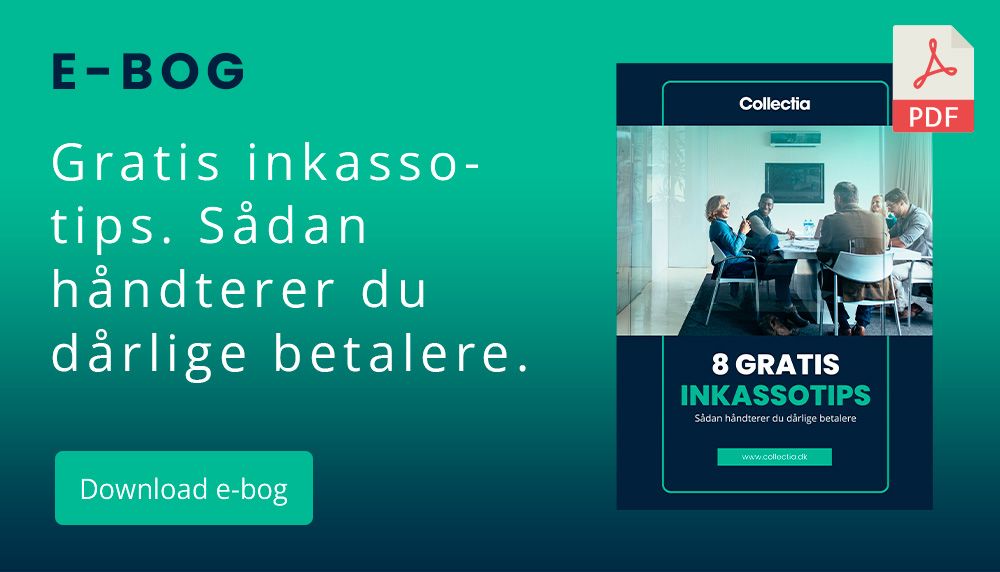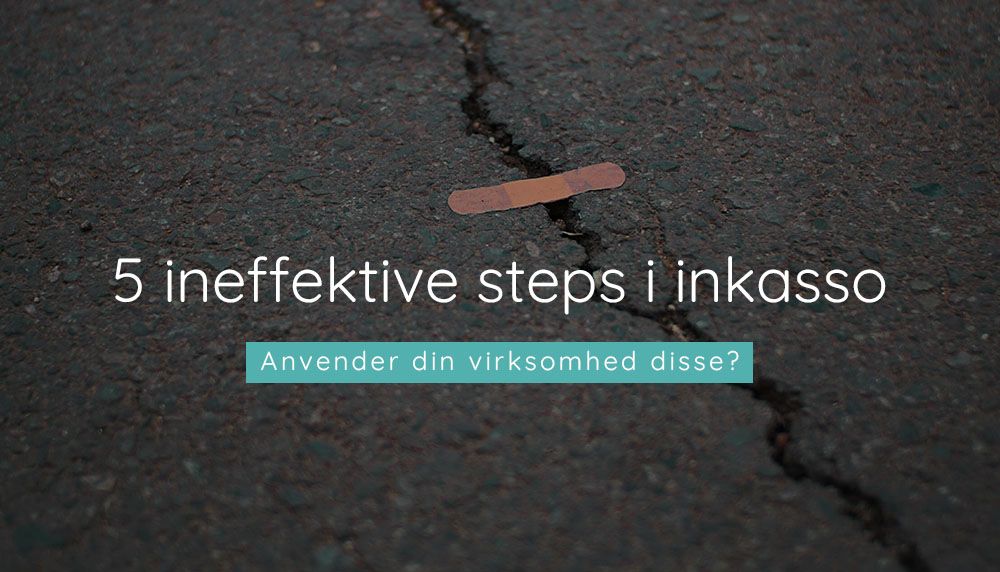
5 inefficient steps in your debt collection process
What is good debt collection? How do you ensure effective debt collection? And what do you as a company need to do yourself in the debt collection process?
There are often many questions about debt collection. That's why we at Collectia have decided that through our blog environment, we want to inspire you and your company to better protect yourself against bad payers and potential debt collection cases. At the same time, we want to contribute to a better debt collection process for everyone, whether you manage the process yourself (also known as self-collection) or if you outsource it to an external partner, better known as third-party debt collection.
At Collectia, we have worked with bad payers, debt recovery and debt collection for more than 150 years. Therefore, we know how good and effective debt collection works, no matter what industry our clients are in.
In this post, we highlight 5 not-so-effective steps in the debt collection process - which often prevent businesses from getting their money back.
1. Sending bank statements
Many companies, especially B2B companies, send bank statements to customers. Often this is used as a friendly reminder of one or more outstanding balances. If you use statements actively in your debt collection process, in our experience, they don't have much of an impact.
The bank statement should often be seen for what it is; a very friendly reminder, and often this activity does not have the effectiveness or signaling value of a reminder.
2. Reminder letters without a reminder fee
To charge a reminder fee or not? Whether or not businesses impose a reminder fee varies greatly, but most choose to impose the statutory reminder fee - and for good reason.
We believe that the reminder fee has a clear impact on collection. Customers who actually intend to delay payment further are more likely to choose to pay when interest and reminder fees are included in the reminder letter.
If, on the other hand, you have a customer who is neither able nor willing to pay; then reminder fees may not always have the same impact.
3. no or little action
Bad payers who have the will but not the ability to pay often delay the creditors who take no or very little action in the collection process. Put yourself in the customer's shoes; who do you prioritize? The creditor who continuously follows up with letters and calls? Or the creditor who hardly contacts you at all? So be persistent - it pays off.
In addition to being consistent in the collection process, it is also very important that there is not too much time between each action in the collection process; calls, reminders, collection notices, bank statements. When it comes to reminders and the imposition of fees, there is a minimum payment deadline of 10 days that must always be respected. Once the deadline has passed, you should have your next action ready.
Too long a time between your actions shows a laissez fair attitude. This can result in the customer downgrading your priority compared to those creditors who are more persistent. In addition, the debt collection process will also often be shorter, ensuring that you are able to refer the case to a debt collection agency or lawyer more quickly if you need further assistance.
4. Threatening behavior
We understand that as a creditor you may be tired of customers not paying and that situations like these can lead to frustration and powerlessness. But threatening behavior is rarely the most effective solution to get your money back.
On the other hand, there are customers who can easily feel threatened or provoked when they are in a debt collection situation, and can easily become boisterous or snide in their communication. It is important not to be influenced, but rather to maintain a good and constructive tone.
Be neutral and listen to your customer and do not use empty threats such as threatening legal action, reporting to the police, releasing sensitive personal data and reporting to debt registers.
5. No plan for the debt collection process
Create a plan with a clear framework to execute. Without direction and a clear framework for dealing with your non-paying customers, effective recovery is almost impossible.
Our clear recommendation is that your company should establish a clear framework for who handles your debt collection, when the debt collection should be carried out and what steps it should include.
Do you want us to help you with effective debt collection?
At Collectia, we have been helping small and large businesses for over 150 years to carry out effective debt collection - regardless of size and number of cases.
We streamline your debt collection process. This way, you get the best conditions for your debt collection cases.
Talk to us today for a no-obligation chat.
